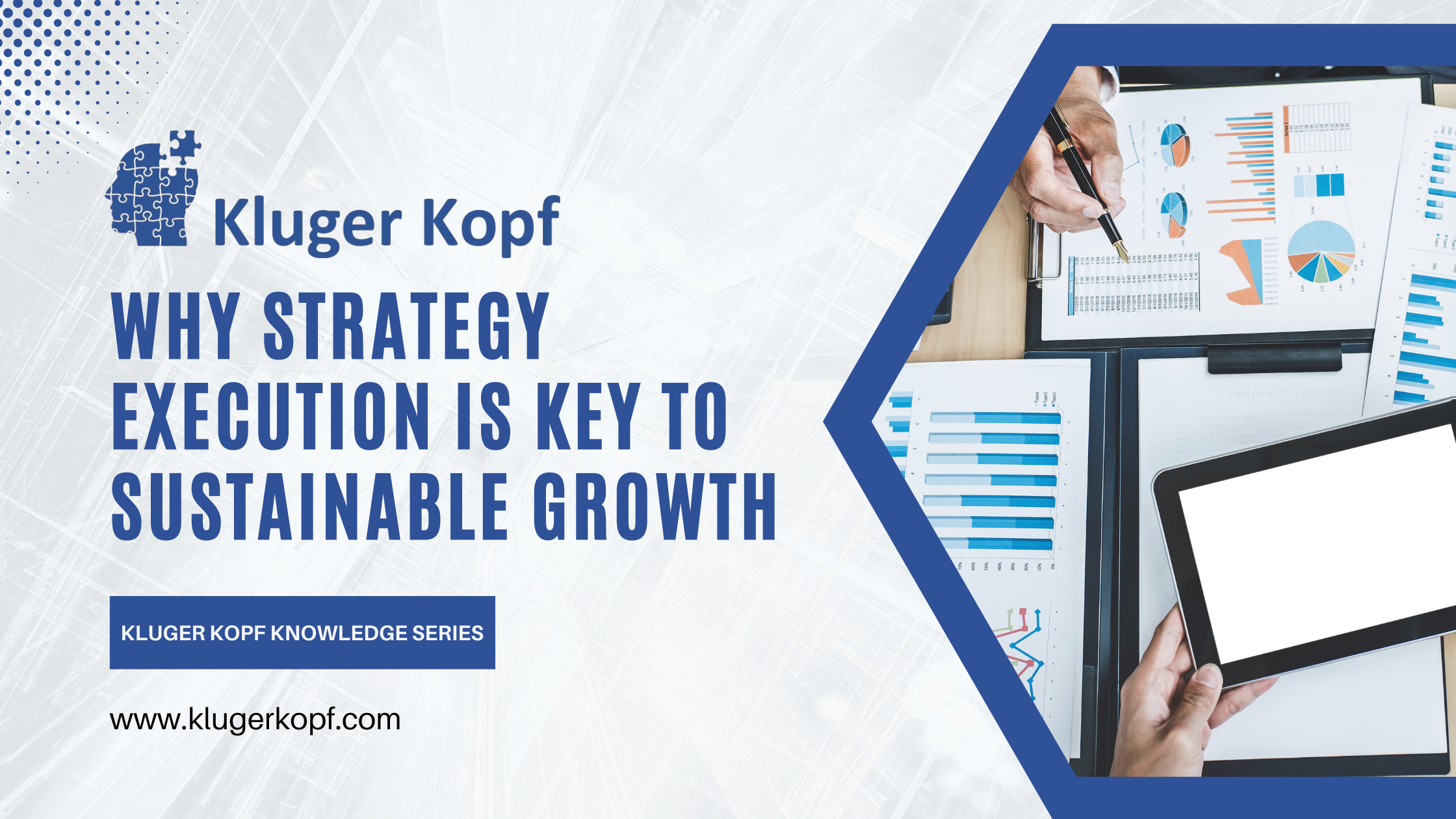In the ever-evolving world of business decisions, one trend never seems to fade—the allure of the next big idea. Motivational speakers, Business coaches, LinkedIn influencers, Well-meaning relatives. Everyone seems to have a golden nugget of advice. Often wrapped in buzzwords, success stories, and dreams of exponential growth, these messages are persuasive, passionate—and sometimes painfully misleading.
As a business consultant who has worked with founders, family-run enterprises, and SMEs across industries, I’ve witnessed a concerning pattern: entrepreneurs falling prey to compelling narratives rather than robust insights. And it’s costing them dearly—not just in money, but in time, morale, and credibility.
Let’s break down the problem, understand why it happens, and explore what responsible, data-driven decision-making actually looks like.
The Buzzword Trap: When Business Advice Sounds Too Good
Picture this. A business owner attends a leadership summit. A coach on stage shares how he scaled a two-person startup into a unicorn in three years using “mindset alignment,” “quantum execution,” and “10X thinking.” The audience applauds. The energy is high. The message is loud: You can do this too.
Later that week, the same entrepreneur starts pushing for expansion. New product launches. Rethinks their entire business model. All because of a 40-minute keynote that didn’t know their P&L, didn’t study their market, and didn’t assess their cash flow.
And this is the problem: the distance between the advice and the reality.
Business owners are vulnerable—because they’re hopeful. They are constantly under pressure from competitors, employees, customers, and most of all, themselves. So when a charismatic figure offers clarity, confidence, and shortcuts, it’s easy to mistake that for wisdom.
Hindsight Experts: When Advisors Arrive After the Storm
Another common pattern is what I call the post-event punditry. Something goes wrong in your business—say a marketing campaign fails, a product flops, or a key client exits. Suddenly, everyone has an opinion.
“You should’ve diversified.”
“You didn’t hire right.”
“You trusted the wrong person.”
“You didn’t innovate fast enough.”
These comments, although seemingly logical in hindsight, offer no value in foresight. They don’t solve. They soothe egos. They shift blame. Worse, they often come with a “told you so” tone that builds guilt rather than clarity.
The truth is: most advisors only show up after the data is available and the outcome is known. That’s not strategy. That’s storytelling.
Half-Cooked Analysis: The Most Dangerous Business Decision Tool
Motivated by pressure to act and clouded by inspirational stories, many business decisions are based on partial truths. They hear:
- “Our competitor is growing in Tier 2 markets.”
- “A similar startup raised 20 crores from XYZ VC.”
- “Digital is the future—pivot now or perish.”
So they invest in expansion, tech, marketing, or hiring—without full context, customer feedback, or real-time market data. The outcome? Wasted resources, internal chaos, and lost momentum.
This is the harsh reality of half-cooked analysis: it looks like strategy, feels like action, but is fundamentally flawed.
What Business Owners Should Be Doing Instead to improve business
The real path to sustainable business growth is less glamorous and more grounded. It starts with discipline—not dreams.
1. Listen Less. Analyse More.
Don’t jump at every piece of advice you hear—filter it. Ask:
- Does this advice apply to my industry, my stage, my context?
- What data do I have that supports or contradicts it?
2. Collect Feedback, Not Just Applause
Before launching a new product or pivoting strategy, talk to your real customers. Not just your top clients, but the silent ones. Not just fans, but critics. Ground yourself in real-world feedback, not hypothetical models.
3. Predict Outcomes, Don’t Assume Them
Use predictive tools—trend reports, customer analytics, competitor mapping. When a new idea is suggested, ask:
- What does the last 6 months’ data say?
- What are the leading indicators of this working or failing?
4. Separate Story from Strategy
Every coach or speaker has a story. That’s how they sell. But your business isn’t built on anecdotes—it’s built on market size, product mix, operations, margins, customer loyalty, supply chains, and systems. Stories inspire; strategy sustains. Know the difference.
5. Build Your Own Framework
Instead of blindly following someone else’s 7-step method or growth mantra, develop your own strategic lens. Create internal rituals like:
- Monthly review dashboards
- Quarterly SWOTs
- Annual competitor benchmarking
- Customer lifetime value mapping
This creates internal clarity and external focus, making you less reliant on external noise. Without actions, brainstorming sessions and case study discussions or inspiring stories are noting but Gossip.
You may also like to read – Strategy Without Implementation Is ‘Gossip’
You Are the Expert of Your Own Business
This might be the most overlooked truth. You are the one who lives your business every day. You see the market change, feel customer sentiment, and deal with operational hiccups. You understand your team’s strengths and your balance sheet’s weaknesses.
No motivational speaker, no business coach, and no relative can match that knowledge—unless you abdicate it. It’s okay to be inspired. But don’t surrender your judgment to someone else’s agenda. You’re not running a motivational business—you’re running a real one. With people, products, projections, and profits on the line.
Insight Over Influence
The next time someone shares a compelling growth story or posts a chart showing how their revenue went from 1 crore to 100 in 2 years, pause. Don’t envy. Don’t rush. Don’t mimic.
Instead, ask: What did they know that I don’t? And what do I know that they never will—about my customers, my market, my vision?
Because good businesses are not built on inspiration—they’re built on insight.
– Amrut Arole,
Business Consultant & Managing Partner of Kluger Kopf
To focus more on execution you may like to read – Why Strategy Execution Is Key to Sustainable Business Growth




